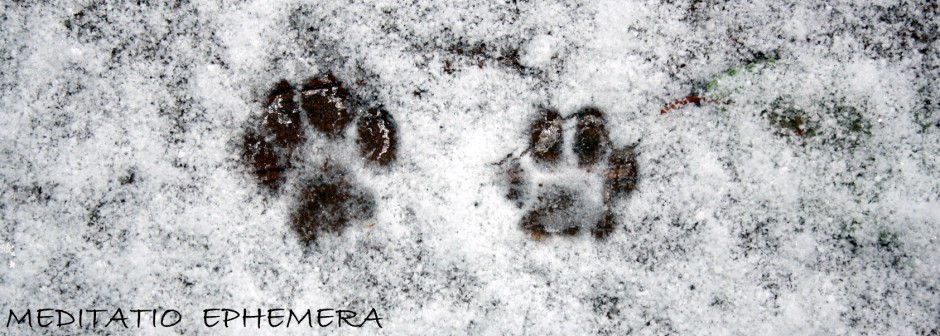
I tell you I was holy then.
Soil rich and black
as pitch air so
moist every leaf could drink
freely cows grazed my verdant
flanks their soft dumb
eyes innocent as daybreak people
drank amiably at taverns
built carriages made
shoes tanned the
hides of soft dumb cows
gone to slaughter before
slaughter became the thing
I am known for three
days in July the blood
of fifty thousand you
do the math if
you can bear to count
those illiterate farm boys
whose flesh rotted atop
my scorched skin beneath
trees the cannons broke
my rich black earth gone red.
Later statues memorials
museums cemeteries
hallowed ground they call
me now as if carnage
consecrates but
I tell you
I was holy then.

The battle of Gettysburg commenced July 1, 1863 and lasted three days. With more than 50,000 American casualties — 23,000 estimated Union and as many as 28,000 Confederate — it was the costliest battle in United States history.



Cate- Years ago during a cross-country trip I stopped at the Little Bighorn Battlefield, the site of Custer’s last stand. As I stood there looking over the rolling prairie my eyes welled up with tears for the terrible loss of life that occurred at that beautiful place. This poem caused the same reaction in me. Such a horrible waste of life, in a beautiful place, fighting ourselves over issues that, looking back, it now seems so obvious which side was right. …or so I thought until the last few years. -Russ
LikeLike
Thanks for this observation, Russ. Questions of historical right and wrong tend to recede, over time, in the face of such bloodshed. That going to war and killing each other has so often been mankind’s form of conflict resolution is discouraging.
LikeLiked by 1 person
Powerful, beautiful.
LikeLike
Thank you, Sue. Just seeing your name brings back sweet memories!
LikeLike
Giving the land voice – this brings to the surface the human waste of resources (including themselves) for the foolish pursuit of control. In truth, we all were holy long before we acquired that term, before we began battling one another about who might be holier than who else.
Wonderful presentation of history, Cate.
LikeLike
Thanks, Jazz. I like very much your observation about holiness — the righteousness that seems to go hand in glove (or weapon in hand) with much human conflict.
LikeLiked by 1 person
I have been there, and I understand the need to remember, but statues sometimes cover the real gruesomeness of the occurrences in these places. What was once beautiful and lush becomes a bold streaked graveyard, and putting statues commemorating the “winner” who is merely the one that caused the most blood to spill, is to me, ghastly.
Thank you for this.
LikeLike
What a thoughtful — and true — observation. Thank you for reading and commenting!
LikeLiked by 1 person
You’re welcome. It was a great read
LikeLiked by 1 person